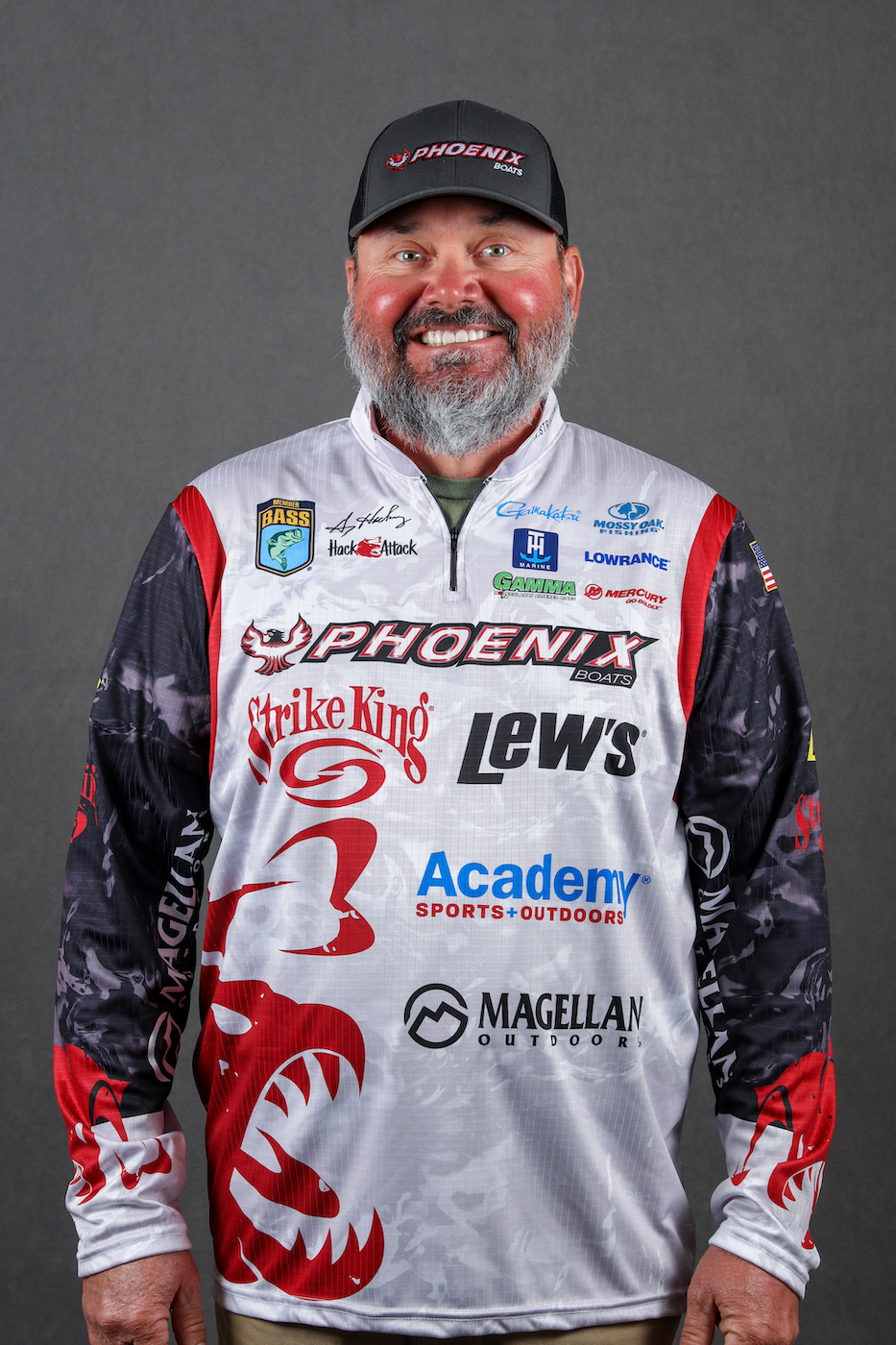Last time we talked about some things we can’t control. This week we need to talk about what we can control.
Every top angler I know works on his tackle and equipment when he’s in a slump. It’s a critical part of solving the problem. Nothing will take the wind out of your recovery sails quicker than a poor hookset, broken line, a dead battery or an outboard that won’t get you where the big ones are holding.
Let’s start with the obvious. Make sure your hooks are sharp and that your line is in good shape. I’ll never forget something that happened early in my career before I started fishing with B.A.S.S.
I was in a tie with Mike Wurm for Angler of the Year in another circuit. Things weren’t exactly going my way during the last tournament of the series. But then, I hooked a 6-pound beauty. As I was bringing her to the boat my line broke. That fish would have earned me the title. Instead, I finished the season as an also-ran.
What happened was that I caught (didn’t) catch her on a buzzbait. The night before I didn’t change my line on my buzzbait outfit because I didn’t think I’d be throwing it the next day. I was wrong. My poor preparation for that tournament cost me dearly. It was a hard-learned lesson, and one I haven’t forgotten for 20 years.
Take the time to check your batteries. Pop the caps and check the water. If necessary, buy some distilled water, an eyedropper and cap them off. Make sure the connections are clean. Put a little grease on them. And, for goodness sake, make sure they’re charged. It’s hard to fish without a trolling motor.
Do the same thing with your outboard. If it needs service, do it or get it done.
The last thing you can control is knowledge. You get most of that from your electronics. There isn’t much you can do to fix them if they’re broken, but you can take the time to learn how to use them.
Do not turn them on and then go fishing in the usual spots while making only a quick glance towards your screen. If you don’t know what they’re showing you take the time to learn. You’re not catching fish anyway. Why not change your resolution, your noise reduction, your depth ranges and whatever else your unit will allow you to change? Zoom in and zoom out. See what difference that makes.
And don’t neglect your color choices. We all see colors a little differently. Maybe a change will make a big difference in what you see and understand.
I’m sure I haven’t covered everything about how to deal with not catching fish in the last two columns, but I am sure you get the idea. The worst thing you can do is nothing. Doing the same thing over and over again won’t make it any better, either. Attack the situation head on.
Look in the mirror. Do your best to figure out what’s wrong. Keep fishing. Control the things you can. Don’t worry about the things you can’t. Enjoy your time on the water. It’s just fishin’.

